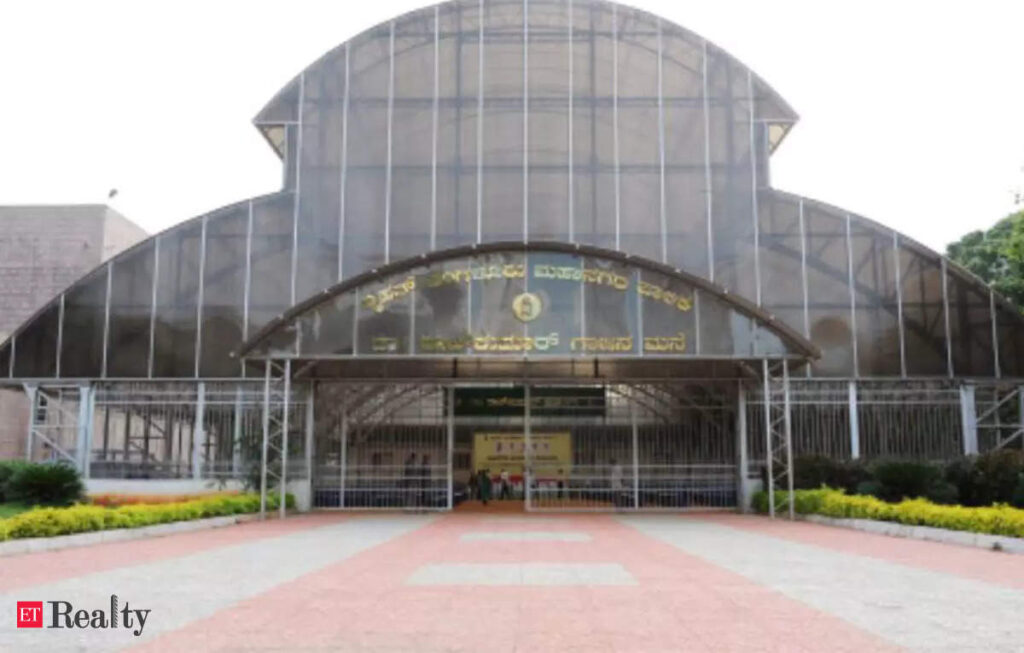BENGALURU: In a move to address financial challenges, BBMP scrutinises Transferable Development Rights certificates issued before 2015, aiming for transparency and accountability
The Bruhat Bengaluru Mahanagara Palike (BBMP) is set to scrutinise Transferable Development Rights (TDR) certificates issued to property owners who lost their lands before 2015, marking a proactive move in the wake of financial constraints faced by the civic agency. Introduced in 2005, TDR was offered to individuals relinquishing their land for various public projects such as road widening, park development, and school/college buildings. Instead of monetary compensation, these individuals received TDR certificates, a system controlled by the BBMP until 2015 when it was transferred to the Bangalore Development Authority (BDA). Over the past decade, approximately 22.08 lakh square feet of TDR have been issued.
In a recent meeting, authorities decided to reevaluate unused TDR certificates, urging original landowners and buyers to submit applications with supporting evidence. Upon verification, the BBMP will consider recommending the issuance of revalued certificates. A senior BBMP official explained, “We have called for applications to scrutinise TDR certificates issued before 2015. Both the original landowners and the purchasers must provide comprehensive documentation. Once verified, we will propose to the BBMP to reissue reevaluated certificates.”
Amid allegations and instances of TDR misuse, this latest initiative aims to identify genuine TDR certificates. Instances have surfaced where TDR was granted for government properties, prompting the BBMP to initiate this verification process, ensuring transparency and accountability in the TDR system.
An official added, “To address the growing needs of expanding cities and developing robust transportation infrastructure, the Bruhat Bengaluru Mahanagara Palike (BBMP) introduced TDR in 2005. This initiative allowed the Palike to issue TDR to property owners, but not tenants when private properties impeded road widening projects. The TDR granted property owners an additional built-up area in exchange for the land relinquished, providing flexibility for personal use or transfer to others for a negotiated sum.”
Property owners who entrusted their properties to the BBMP for development projects, including road widening, have faced a decade-long wait due to insufficient funds. Hence, the BBMP decided to issue TDR certificates against acquired land to address the financial gap. Unfortunately, reluctance from property owners to accept TDR certificates has hindered infrastructure projects, compounded by the civic body’s negligence in prioritising TDR-related issues. The TDR scheme has not been immune to controversies, with allegations of a scam leading to police raids.
Charges include inflating land values to issue higher TDR percentages, wrongful issuance to unauthorised individuals, and depriving rightful site owners of government compensation. Notably, road widening did not occur, and no properties were acquired despite TDR issuances. Despite its unpopularity among residential property owners, the TDR-based road widening project was considered a lucrative venture for builders and land bankers. Builders sought profitable opportunities by acquiring properties identified for road widening, where owners anticipating significant loss are willing to sell.
Through an amalgamation of plots and surrendering land under TDR, a section of builders gained an additional Floor Area Ratio (FAR) used in expansive commercial projects, transforming the TDR initiative into a profitable business proposition.

